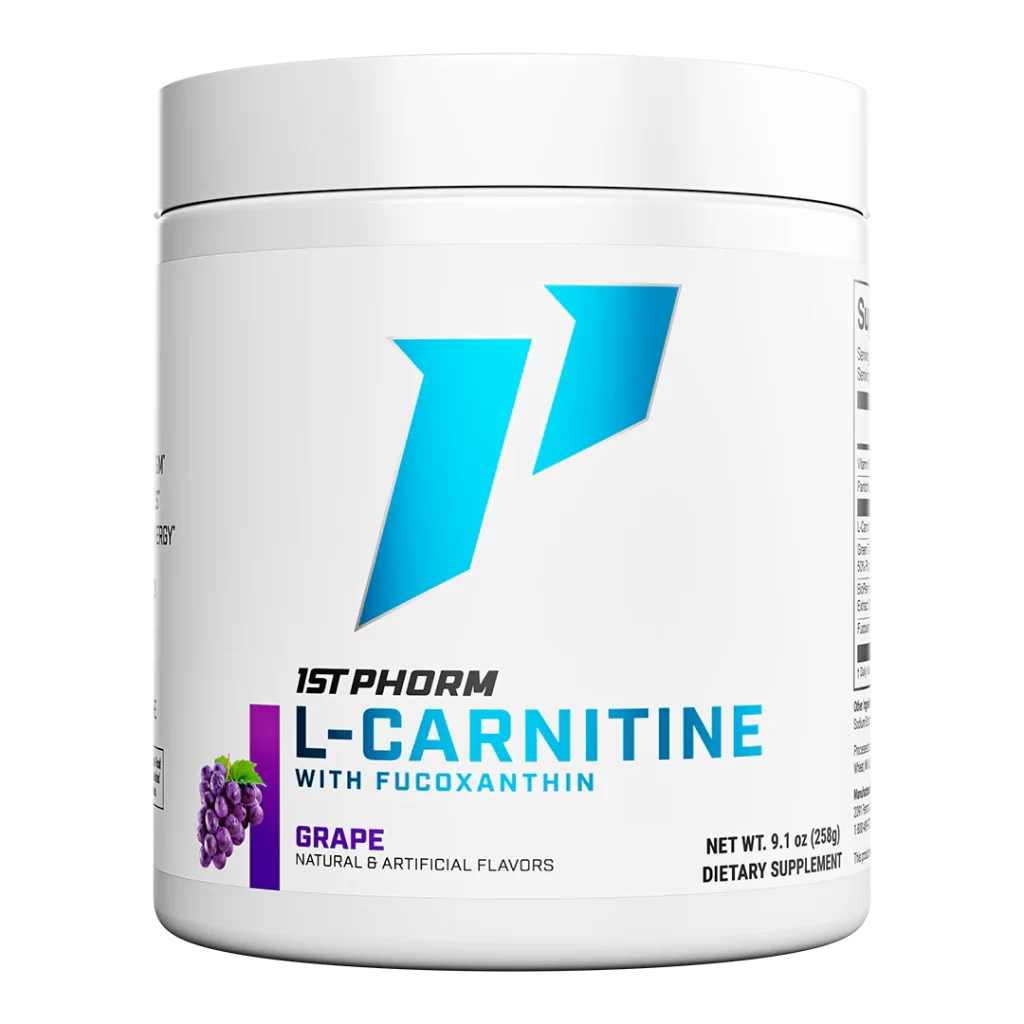 L-carnitine is a naturally occurring compound that plays a crucial role in energy metabolism, particularly in the transport of fatty acids into the mitochondria, where they are oxidized (burned) for energy. Because of this role, L-carnitine has gained popularity as a supplement among those aiming for fat loss. Here’s how L-carnitine may aid in fat loss:
L-carnitine is a naturally occurring compound that plays a crucial role in energy metabolism, particularly in the transport of fatty acids into the mitochondria, where they are oxidized (burned) for energy. Because of this role, L-carnitine has gained popularity as a supplement among those aiming for fat loss. Here’s how L-carnitine may aid in fat loss:
Fatty Acid Transport
– Energy Production: L-carnitine facilitates the transport of long-chain fatty acids into the mitochondria of cells, where they can be converted into energy. By promoting the use of fat as a fuel source, L-carnitine may help enhance fat oxidation during exercise.
– Increased Fat Utilization: By improving the efficiency of fatty acid transport, L-carnitine may help the body utilize fat stores more effectively, potentially leading to greater fat loss over time.
Exercise Performance
– Enhanced Endurance: Some studies suggest that L-carnitine supplementation can improve exercise performance by increasing endurance and reducing fatigue. This can lead to longer and more intense workouts, which can contribute to greater calorie expenditure and fat loss.
– Reduced Muscle Soreness: L-carnitine may help reduce muscle soreness and damage following exercise, potentially allowing for quicker recovery and more consistent training sessions.
Metabolic Effects
– Increased Metabolism: By promoting fat oxidation, L-carnitine may help enhance overall metabolism. A higher metabolic rate can lead to increased calorie burning, aiding in weight loss efforts.
– Appetite Regulation: Some studies suggest that L-carnitine may have a role in appetite regulation, helping to reduce overall calorie intake, although research in this area is still ongoing.
Potential Benefits for Specific Populations
– Aging and Obesity: Research has indicated that L-carnitine supplementation may be particularly beneficial for older adults and individuals with obesity, as these populations often have lower levels of L-carnitine in their bodies. Supplementing may help enhance fat metabolism and promote weight loss in these groups.
– Athletes and Fitness Enthusiasts: For athletes, L-carnitine may aid in improving performance and recovery, allowing for more effective training sessions that can contribute to fat loss over time.
Synergistic Effects with Exercise and Diet
– Complementary to Diet and Exercise: While L-carnitine may aid in fat loss, it is most effective when combined with a balanced diet and regular exercise. It should not be viewed as a magic solution for weight loss but rather as a potential adjunct to a comprehensive fitness plan.
L-carnitine can play a supportive role in fat loss by enhancing the transport of fatty acids for energy production, improving exercise performance, and potentially increasing metabolism. However, it is important to note that individual responses to L-carnitine supplementation can vary, and it is not a substitute for a healthy diet and regular physical activity. As with any supplement, it’s advisable to consult with a healthcare professional before starting L-carnitine, especially for individuals with underlying health conditions or those taking medication.
